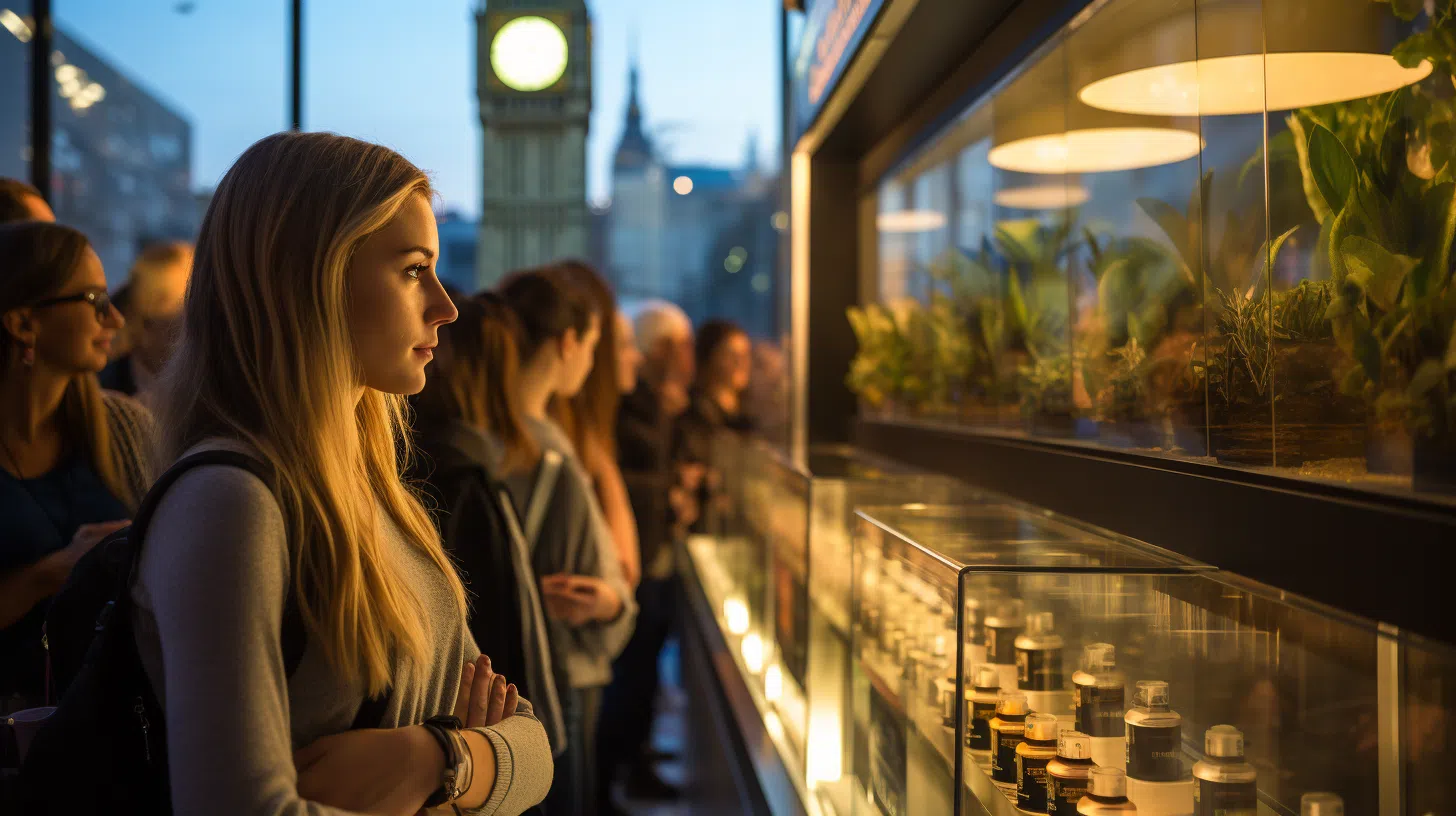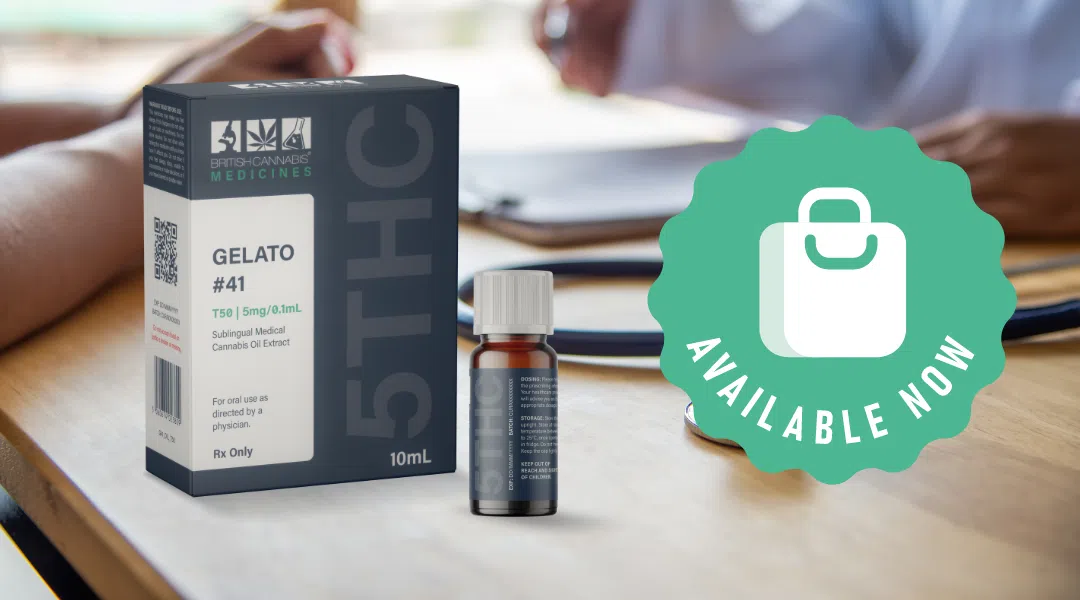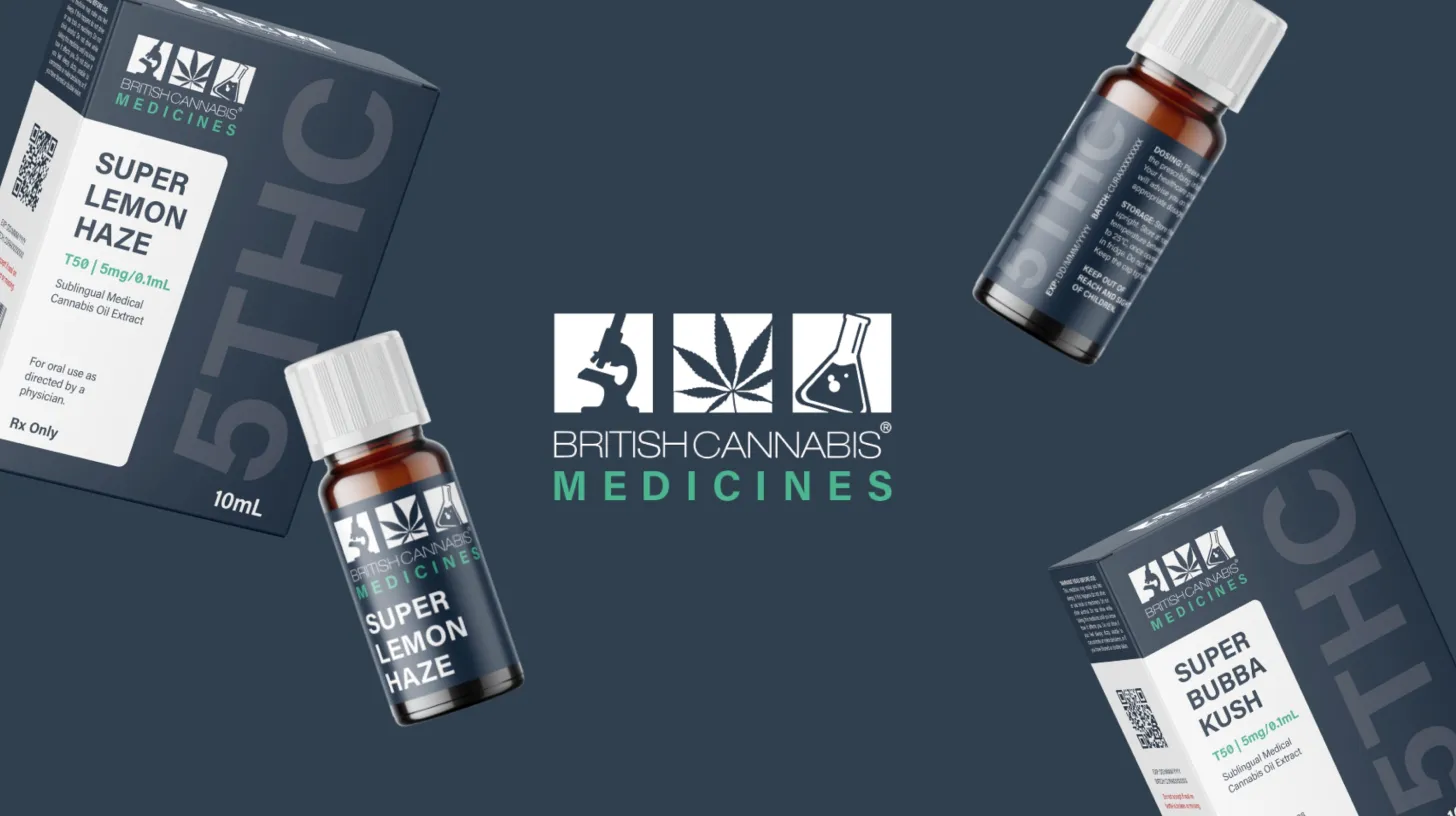
BREAKING: Rise and Fall of the CBD Beauty Industry: A Deep Insight
In a dramatic turn of events that no one saw coming, the flourishing CBD beauty scene hit a sharp decline. What takes centre stage today is Caudia Mata’s, an unexpected CBD skin-care brand founder, journey in the beauty industry. Back in 2017, Mata’s brand Vertly projected CBD’s potential, turning the beauty industry’s focus towards a revolutionary ingredient in skincare – Cannabidiol, also termed CBD.
Key Takeaways
- Searches for “CBD Beauty” peaked at 57.2K in December 2019 but have since dropped by 63.1%.
- The current legal framework in place may hinder the sellability of CBD skincare products, causing a downturn in the industry.
- The future of CBD in the beauty industry may see a revival under revised regulatory conditions and further clinical research supporting its benefits.
Mata first introduced the market to her brand, Vertly, through an all-organic, plant-based lip balm mixed with CBD. Here’s a quote from Mata that cast light on the unexpected journey, “I’d be like, ‘And it’s made fresh every week!’ They’d be like, ‘So, anyway, [about that CBD]…”
Allure magazine played a pivotal role in the CBD skincare introduction back in August 2017. It marked the beginning of a trend that skyrocketed, with the CBD beauty search reaching a new high of about 57.2K in December 2019.
The CBD beauty trend was fuelled by dermatologists’ general consensus about CBD’s potential to treat inflammatory skin conditions like acne and eczema. However, the excitement fizzled out as quickly as it sparked, signalling a decline in CBD-focused beauty brands.
What happened to CBD beauty?
One may attribute the decline to over-saturation, with CBD making its way into every conceivable product, from toiletries to leggings and even bed sheets! Has the market suffered from ‘CBD fatigue’?
However, focusing only on market saturation overlooks the regulatory challenges that hit brands with CBD-infused product lines. Although CBD isn’t illegal, its association with marijuana puts it in a grey legal zone, especially for e-commerce software systems and advertising platforms.
Brand owners like Casey Georgeson, founder of Saint Jane, highlight the hurdles they have to overcome to sell CBD products, such as higher insurance, tougher payment processing, and the potential of being banned from advertising platforms. These complications are why Georgeson believes being a CBD-infused beauty brand founder is “ten times harder”.
Highlighting the complexity of selling CBD-infused products, Mata of Vertly stated: “We went through so many credit card processors that kept shutting us down.” Mata’s brand had to create two separate websites – one using CBD and another without to circumnavigate the repercussions of confronting potential shutdowns.
However, Meta, Instagram’s parent company, denies allegations of shadow-banning, leaving CBD entrepreneurs like Georgeson and Mata in a difficult position.
CBD Beauty on the Global Front
Dianna Ruth, the co-founder of Milk Makeup and product developer behind its Kush line of products, divulges that globalizing a brand with CBD can be an obstacle due to the ingredient’s legal standing in several countries. She says: “If you’re trying to go global, [having CBD in your products] could be a deal-breaker.”
The shift in CBD’s fortunes can be heard as Sephora, a major beauty retailer, reduces the number of brands selling CBD products in-store and online from before.
The Social and Racial Perspective
The cannabis debate also has a significant social and racial aspect. Despite CBD beauty brands reaping enormous profits, it’s worth remembering that the plant has led to the incarceration of many black and Latinx individuals. There have been attempts, like the Floret Coalition, to address this inequity, but these are few and far between.
The Future of CBD
Many brands who placed heavy bets on CBD started reformulating their products to exclude CBD. Despite the decline in CBD interest, proponents of CBD, like Georgeson, are hopeful that Cannabidiol can make a future comeback with the right regulatory conditions and clinical research backing its benefits. Currently, however, the industry seems to be moving towards ingredients like arnica and calendula, known for their soothing properties similar to CBD, but without the legal implications.
BRITISH CANNABIS™ weighs in
Here at BRITISH CANNABIS™, we advocate for responsible, informed use of cannabis derivatives in health and beauty applications. Watching the rise and fall of CBD in the beauty industry underscores the necessity of solid research and thoughtful regulation.
We look forward to a future where CBD and other valuable cannabinoids can be employed safely and effectively, with due respect for legal, social and industry considerations. The CBD beauty trend may have seen a decline, but with rigorous scientific studies and a revised regulatory layout, the industry may yet shine through again.






